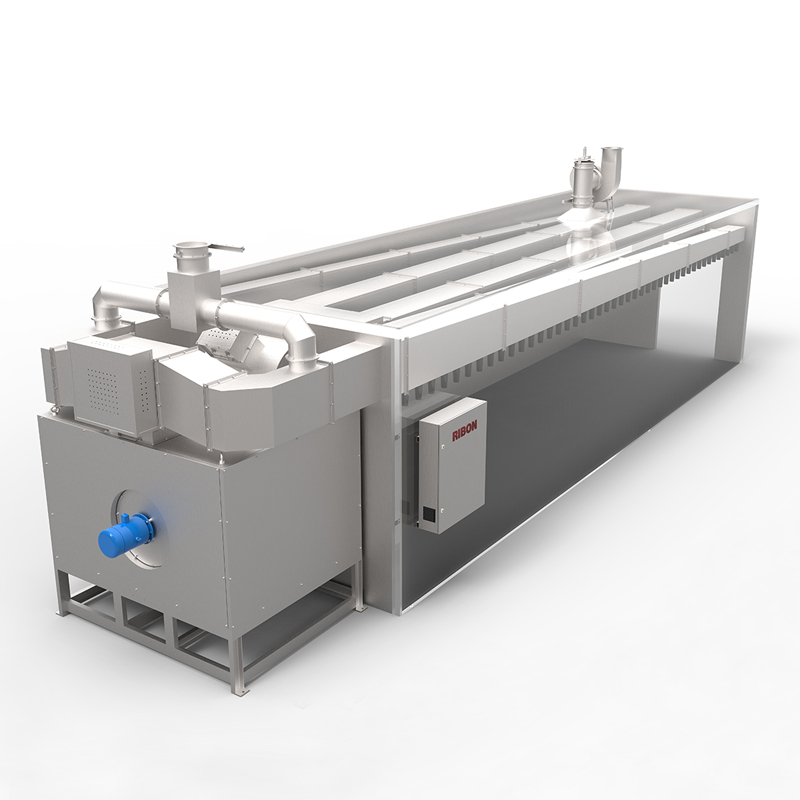The commercial smokehouse has revolutionized the art of smoking food, blending traditional techniques with cutting-edge technology to meet the demands of modern food production. These machines are essential for food manufacturers, caterers, and high-volume kitchens, offering unparalleled efficiency, consistency, and flavor enhancement.
Smoking food is an age-old practice that imparts unique flavors while preserving freshness. Commercial smokehouses take this process to the next level, providing precision and scalability that traditional methods cannot match. Equipped with state-of-the-art controls, these machines allow operators to regulate temperature, humidity, and smoke levels with incredible accuracy. This ensures that every batch of smoked products meets the highest standards of quality and taste.
The efficiency of commercial smokehouses makes them a preferred choice for high-volume operations. With the ability to process large quantities of food simultaneously, they significantly reduce the time and labor required for smoking. This is particularly advantageous for businesses that need to meet tight production deadlines without compromising on flavor or texture.
One of the defining features of commercial smokehouses is their versatility. They are capable of smoking a wide variety of products, from meats and poultry to seafood and plant-based alternatives. This adaptability allows businesses to diversify their offerings, catering to a broader customer base. For instance, smoked tofu and plant-based sausages have gained popularity as more consumers seek vegetarian and vegan options.

Hygiene and safety are integral to commercial smokehouses. Most models are constructed from durable stainless steel, which resists rust and is easy to clean. Some units also include advanced filtration systems that capture excess smoke, ensuring a safer and more comfortable working environment. These features are particularly important in commercial kitchens, where stringent health and safety regulations must be met.
Flavor innovation is another area where commercial smokehouses shine. The use of different wood chips, such as cherry, oak, or pecan, provides chefs with endless possibilities for creating signature tastes. The machines’ programmable settings allow for experimentation, enabling operators to achieve precise flavor profiles that set their products apart in a competitive market.
The ability to extend shelf life is another key benefit of using a commercial smokehouse. Smoking reduces the moisture content in food, inhibiting bacterial growth and spoilage. This natural preservation method is especially valuable for businesses distributing products across wide geographic areas. By reducing reliance on artificial preservatives, smokehouses help meet the growing consumer demand for natural and minimally processed foods.
Energy efficiency is a major consideration for modern food businesses, and commercial smokehouses deliver in this area as well. Many models are designed to use energy and fuel sparingly, translating to lower operational costs and a reduced environmental impact. As sustainability becomes a priority across industries, energy-efficient smokehouses represent a smart investment for forward-thinking businesses.





 English
English русский
русский Español
Español عربى
عربى










